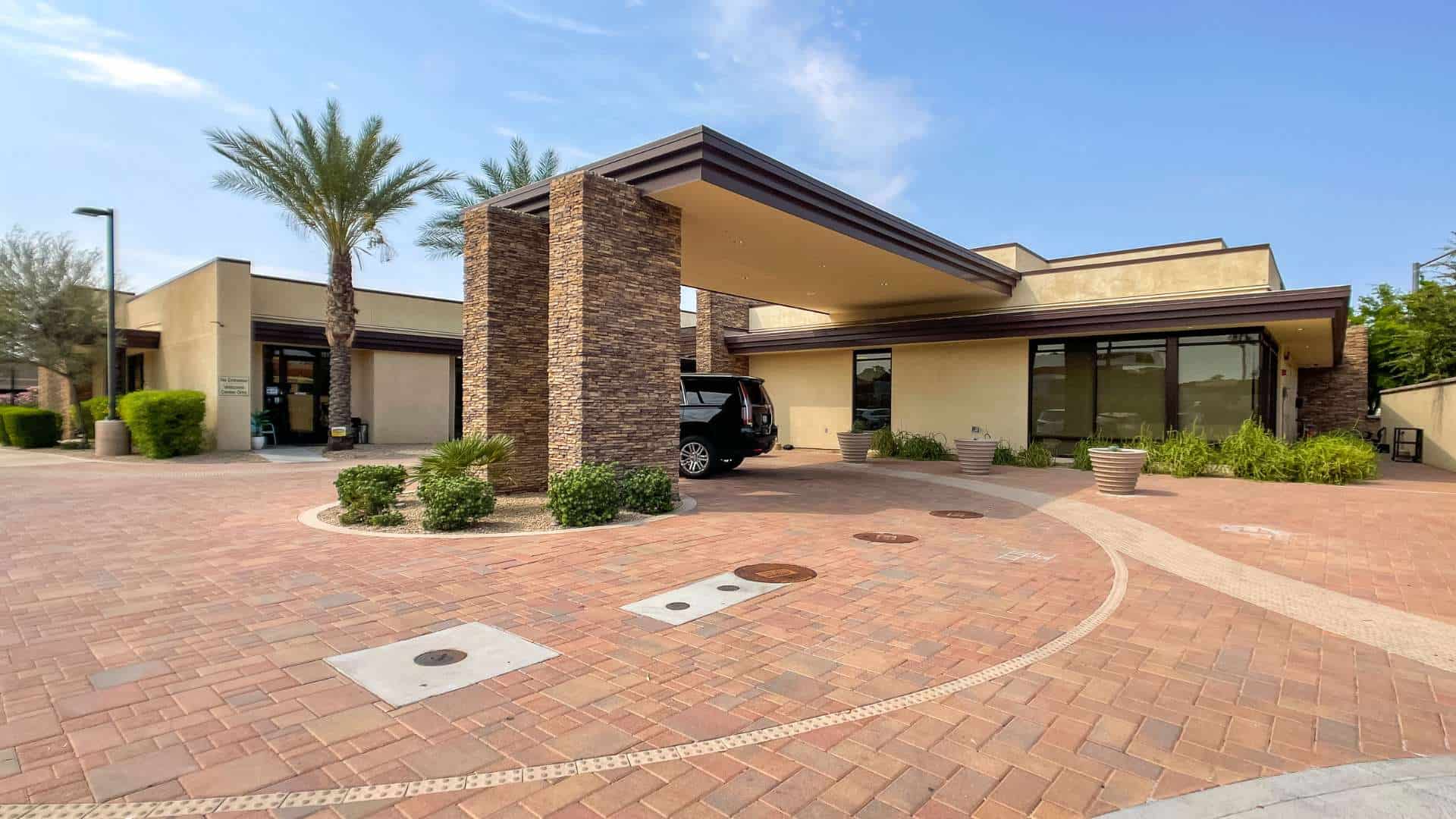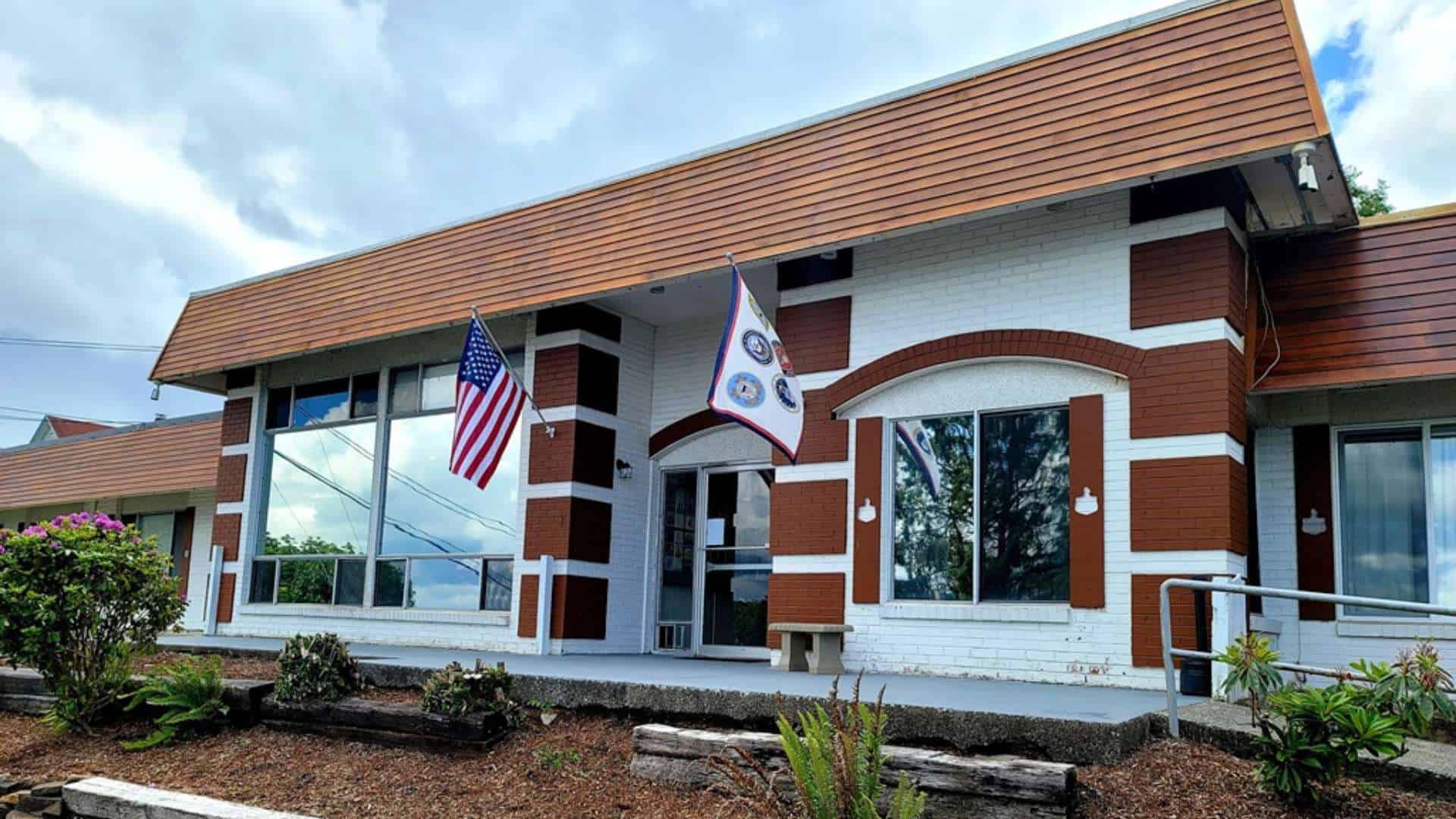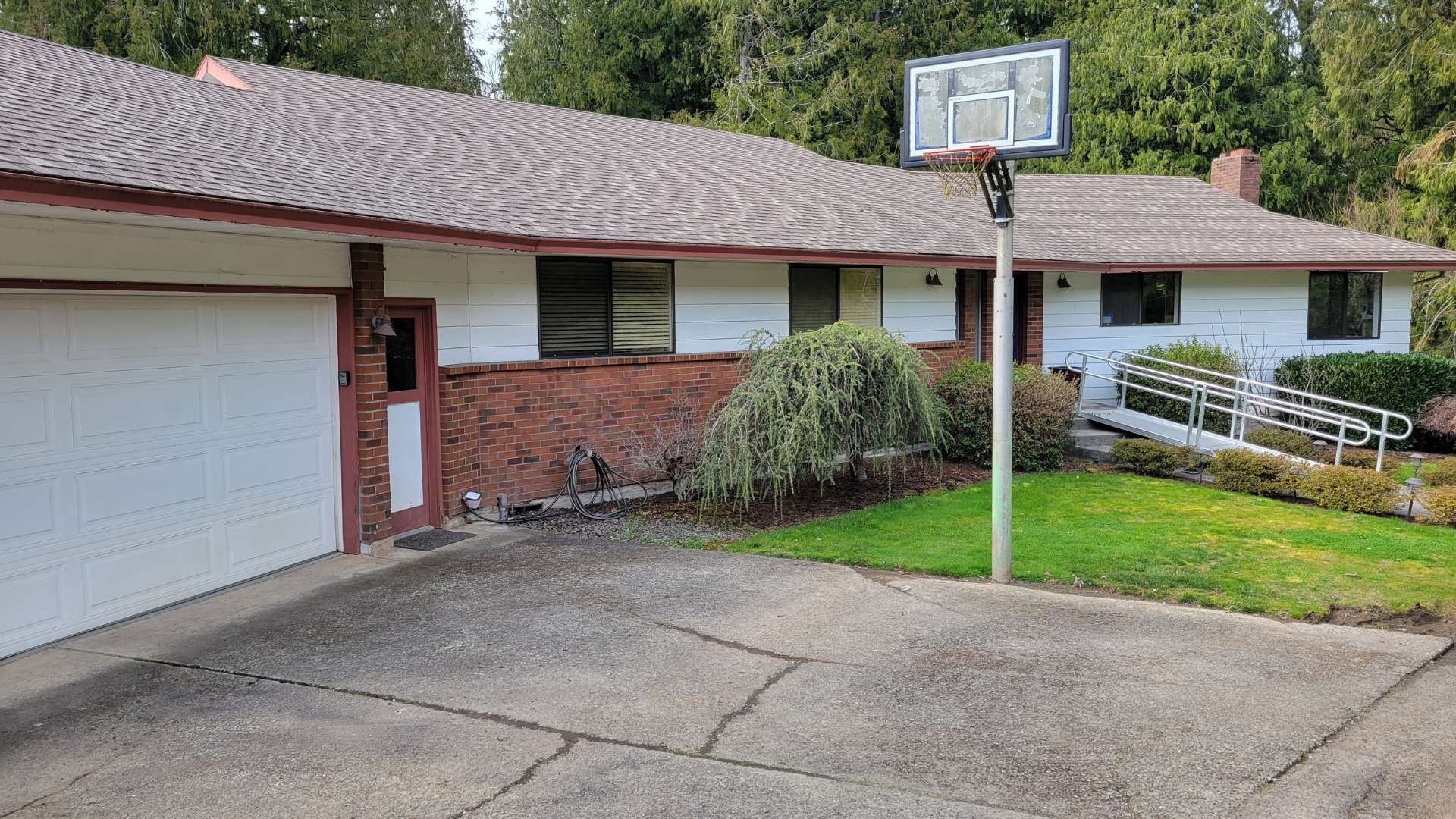Court-Ordered Treatment Program Near Me
Effective, compassionate treatment tailored to meet court-ordered requirements and support your journey to recovery near you.

What is Court-Ordered Treatment?
Court-ordered treatment is a rehabilitation program mandated by a legal authority as part of a sentencing or diversion agreement for individuals facing legal consequences related to substance abuse. This type of treatment aims to provide individuals with the opportunity to address their addiction issues in a structured, supportive environment while fulfilling legal obligations. At Virtue Recovery Center, court-ordered treatment is designed to help clients regain control of their lives through evidence-based therapies and comprehensive care. However, it’s important to note that clients must meet specific criteria to qualify for insurance coverage, ensuring that the program is both accessible and effective for those who need it.
Who is This Program For?
Our Court-Ordered Treatment program is ideal for individuals who:
Key Features and Benefits of Our Court-Ordered Treatment Program Core Features and Unique Benefits of Court-Ordered Treatment
Find a Treatment Center Near You

Why Choose Us

Safe and Supportive Environment
Our facilities are designed to be calming and therapeutic, providing a space where clients feel secure and supported.

Integrated Care
Our team collaborates across disciplines to ensure that all aspects of a client's health are addressed, including psychological, emotional, and physical needs.

Personalized Treatment Plans
Every individual's treatment plan is tailored to their unique experiences, needs, and recovery goals.
Benefits

Holistic Healing
Address both the root causes of addiction and the underlying trauma to promote comprehensive recovery.

Empowerment
Clients gain skills and strategies to manage trauma-related symptoms and triggers effectively.

Improved Outcomes
Research shows that trauma-informed care can lead to better engagement and longer-lasting recovery.
Client Testimonials
[trustindex data-widget-id=e82c51229324499a3a164430148]
FAQs About Court-Ordered Treatment
Payment options for court-ordered treatment vary. Clients may use insurance if they meet specific criteria, but insurance coverage is not guaranteed for all cases. Alternatively, clients can private pay for the treatment, and in some cases, the court may cover the cost or offer financial assistance.
When a court orders treatment, the individual is required to enroll in and complete a rehabilitation program approved by the court. The program typically includes therapy, counseling, and other interventions designed to address the underlying issues contributing to the individual’s legal problems.
Court-ordered treatment programs may include inpatient or outpatient care, detoxification, individual and group therapy, behavioral therapies, and educational sessions. The specific treatment plan is tailored to meet the individual’s needs and the requirements set by the court.
To use insurance for court-ordered treatment, individuals typically need to meet certain criteria set by their insurance provider, such as having a diagnosed substance use disorder or mental health condition. It’s important to verify coverage with your insurance provider and the treatment center before starting the program.
In many cases, individuals can choose their treatment facility, as long as it meets the court’s requirements. However, the chosen facility must be accredited and capable of providing the necessary treatment specified by the court order.
Failing to complete court-ordered treatment can result in serious legal consequences, such as returning to court, additional fines, extended probation, or even incarceration. It’s crucial to adhere to the program and meet all the court’s requirements.
The duration of court-ordered treatment varies depending on the court’s requirements and the individual’s needs. Treatment can range from a few weeks to several months or longer, with the exact length determined by the court order and the progress made during the program.
Treatment centers typically provide regular progress reports to the court, detailing the individual’s participation, progress, and any challenges encountered during the program. These reports help the court monitor compliance with the court order.
Yes, if the court mandates treatment as part of your sentencing or as an alternative to incarceration, you are legally required to attend and complete the program. Failure to comply can result in further legal consequences.
If you cannot afford court-ordered treatment, discuss your financial situation with the court and the treatment center. Some options may include sliding scale fees, payment plans, financial assistance, or seeking alternative funding through community resources.
Addiction Help News & Blog
Stay informed with the latest research on drug addiction and recovery, explore stories from those in recovery, and equip yourself with the knowledge to support your journey to healing.
Myths About Alcohol Hospital Detox Debunked for Better Decisions
-
Posted by
 Gigi Price
Gigi Price
Pros of Group Therapy in an Outpatient Treatment Program
-
Posted by
 Gigi Price
Gigi Price
Librium & Chlordiazepoxide: Addiction, Abuse, and Alcohol Withdrawal
-
Posted by
 Gigi Price
Gigi Price
What Are Quaaludes?: Addiction, Abuse, History | Methaqualone
-
Posted by
 Gigi Price
Gigi Price
Our Addiction Treatment Facilities Near You

Virtue Recovery Las Vegas, NV - Corbett
Our luxury inpatient residential / detox facility in Las Vegas, Nevada. Recover in a serene environment with private rooms, private bathrooms, meals catered by professional chefs, ability to use your phone after the 72 hour blackout period, and much more!

Virtue Recovery Las Vegas, NV - Montessouri
Our Las Vegas outpatient facility offers aftercare, IOP, and PHP with extended hours going from 8am to 8pm to allow clients more flexibility with their treatment. With a culturally sensitive trauma-informed care in a holistic environment clients can recover in an inclusive environment.

Virtue Recovery Houston, TX - Inpatient Treatment
Virtue Recovery Houston is a premier inpatient rehab center offering residential addiction treatment and medical detox. Our expert team provides 24/7 care, evidence-based therapies, and personalized recovery plans to help you break free from addiction for good.

Virtue Recovery Killeen, TX - Luxury Treatment
Break free from addiction in a high-end rehab environment at Virtue Recovery Killeen. We offer inpatient treatments like residential addiction treatment, medical detox, and holistic therapies in a setting designed for healing and long-term sobriety.

Virtue Recovery Chandler, AZ - Addiction Treatment
Recovery starts in the right environment. At Virtue Recovery Chandler, our inpatient treatment program is housed in a cul-de-sac of comfortable, private homes, allowing for personalized care, 24/7 medical support, and a distraction-free path to healing. We also offer outpatient services nearby in Gilbert.

Virtue Detox Sun City West, AZ - Detox Treatment
Virtue Detox Sun City West Arizona is a premier medical detox center, providing 24/7 medical supervision, medication-assisted treatment (MAT), and expert care in a safe, comfortable environment. Detox shouldn’t be a nightmare—we make it manageable, effective, and the first step toward real recovery.

Virtue At The Pointe Astoria, OR - Inpatient Treatment
Located in the stunning Pacific Northwest, Virtue at The Pointe is a top-tier inpatient treatment center in Astoria, OR. We offer 24/7 medical support, personalized therapy, and a highly structured recovery program to help individuals break free from addiction and rebuild their lives. We specialize in Veterans Addiction Treatment.

Virtue At The Pointe Milwaukie, OR - Outpatient Treatment
Outpatient treatment that feels like home. Virtue at The Pointe in Milwaukie, OR offers structured addiction recovery in a comfortable, home-like setting. Our converted homes provide a warm, supportive space for therapy, group work, and real-world healing—so you can recover while staying connected to your life.






